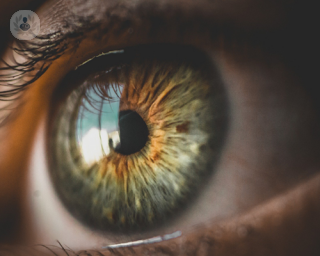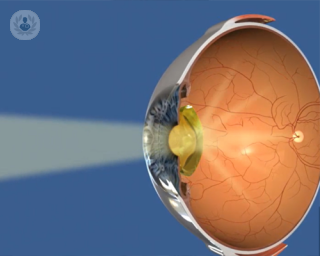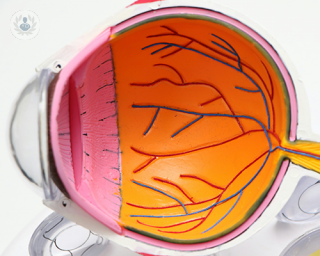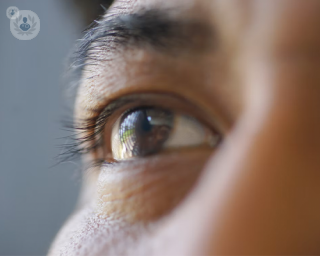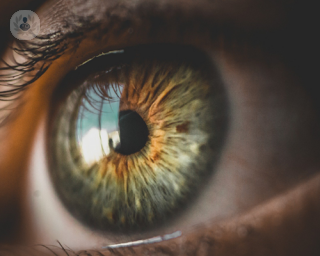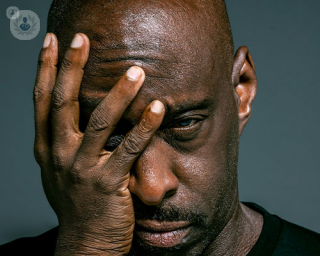
Written by Top Doctors
Ophthalmology
Monofocal, Trifocal and EDOF intraocular lenses: Which ones are right for me?
At The Harley Street Eye Centre, part of the Blue Fin Vision Clinic group of eye health clinics, we believe in providing patients with knowledge empowering them to make informed decisions about their eye health. Understanding the different types of intraocular lenses (IOLs) is essential when it comes to cataract surgery or lens replacement. This informative and detailed guide to the pros and cons of monofocal, trifocal, and Extended Depth of Focus (EDOF) intraocular lenses provides a comprehensive idea of what results to expect from each type – and most important, which ones are right for you.

